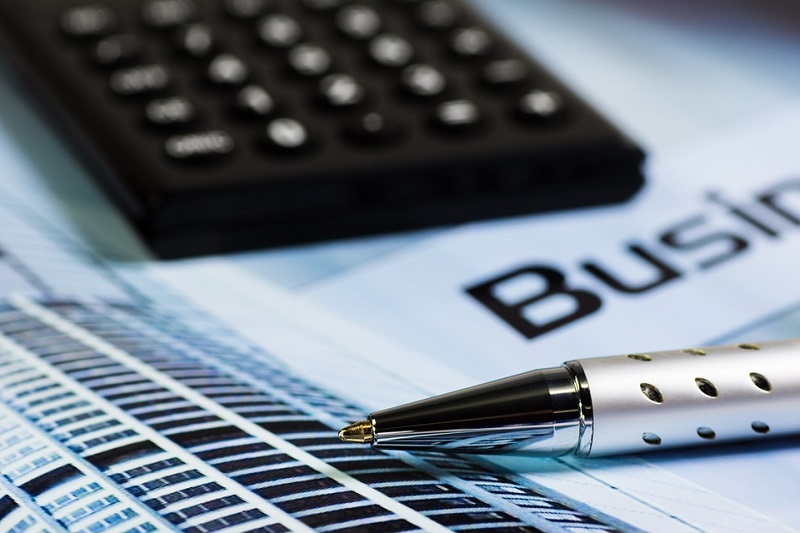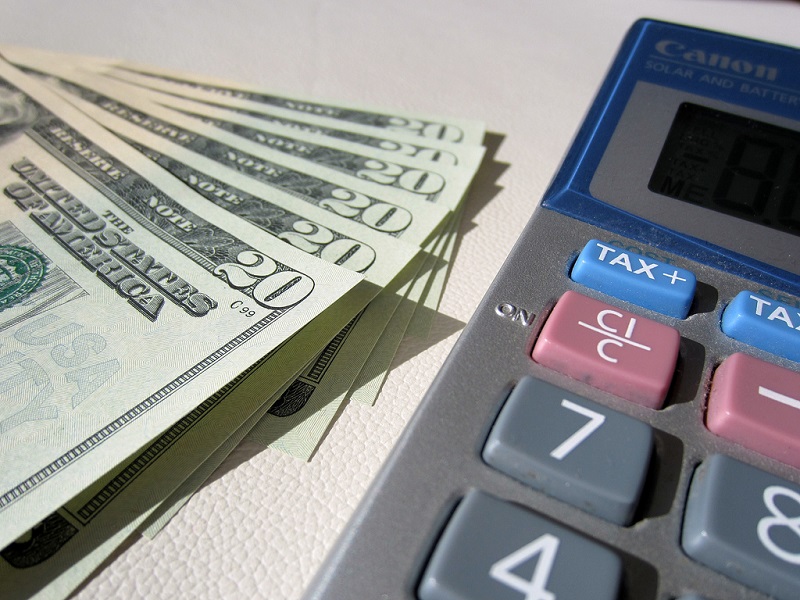The hardest part about starting any new business is managing the finances. For a CEO, there’s nothing scarier than the first year’s balance sheet.
Why? Because it’s just so unpredictable. Before you start trading, you never quite know how the market will react.
You can’t account for unexpected expenses or budget for downtime. Everything is experimental at this early stage.
Keeping your small business afloat is the most important thing on your mind. And, it all starts with a sensible startup fund. You need enough money to get your company off the ground.
Remember, you’ve got to spend money to make money!
Very few businesses can instantly start trading without some form of investment.
Whether it’s stock, equipment, or marketing, everything costs money.
How much do you need?
Start with a business plan
An accurate calculation of startup costs requires a strict and detailed business plan. This plan will outline your future direction and forecasts.
It helps you figure out exactly how your business will operate on a day-to-day basis. Once you know that, you get a sense of what funding you’ll need.
A good business plan will help you identify the key costs. Try to predict and account for emergencies here too.
Monetization
The most important part of your business plan is your monetization strategy. Explain precisely how you will make money from your company.
Of course, this will vary for every business on the planet. Some companies, for example, will start making money immediately.
Freelancers and tradespeople will get paid as soon as the first project is done. For some companies, like tech businesses, the monetization option might come much later.
Think of companies like Facebook, which existed for years without turning a profit.
When you know how and where your money is coming from, you can calculate how much you need to hit that tipping point.
Calculate the cost of your assets
Most new startups need a variety of ‘assets’ to get started. In business terminology, these are your essential pieces of equipment, stock, and things that are required.
They are the tangible objects and tools of your trade.
Let’s say you’re starting a catering company. Your assets could include baking tools, sous vide equipment, and serving trays. If you’re a plumbing startup, it’s your van and toolkit.
Calculate your necessary expenses

In business terms, your expenses are different from your assets. Expenses are the outgoings that aren’t related to a physical item. It includes things like rent for an office and energy bills.
It’s the cost of web design, copywriting, and marketing outlay. It will also include any initial payroll and salary commitments.
As a startup, this is where you can keep things nice and low, expanding as and when you need to.
Create a timeline
When calculating your startup costs, it’s crucial that you create a timeline. To understand exactly how much money you need, you need to understand the future.
When will your projected income start to kick in? When will the business start paying for itself? When will you turn a profit? These things define your funding plan.
Be realistic with your predictions and forecasts here.
Consider the Extra Costs
It’s important to remember that there will be unexpected costs. Emergencies and surprises are a part of business, so you should always budget for the worst-case scenario.
Try to find a buffer in your financial plan. Also, think about what happens if you get too successful! Premature growth can put huge amounts of pressure on a company.
Startup funds are an essential part of any small business. And, getting it right is a balancing act that needs careful consideration. There is no one-size-fits-all answer here – it’s experimental at this early stage.
Final Words
Creating a successful business is all about calculated risks. That’s why it’s essential that you get your startup funds right from the start.
Your cash flow will determine the success of your company, so plan it carefully. Use solid financial principles, and remember: know when to spend money and when to hold back.
Good luck!
Featured photo source















